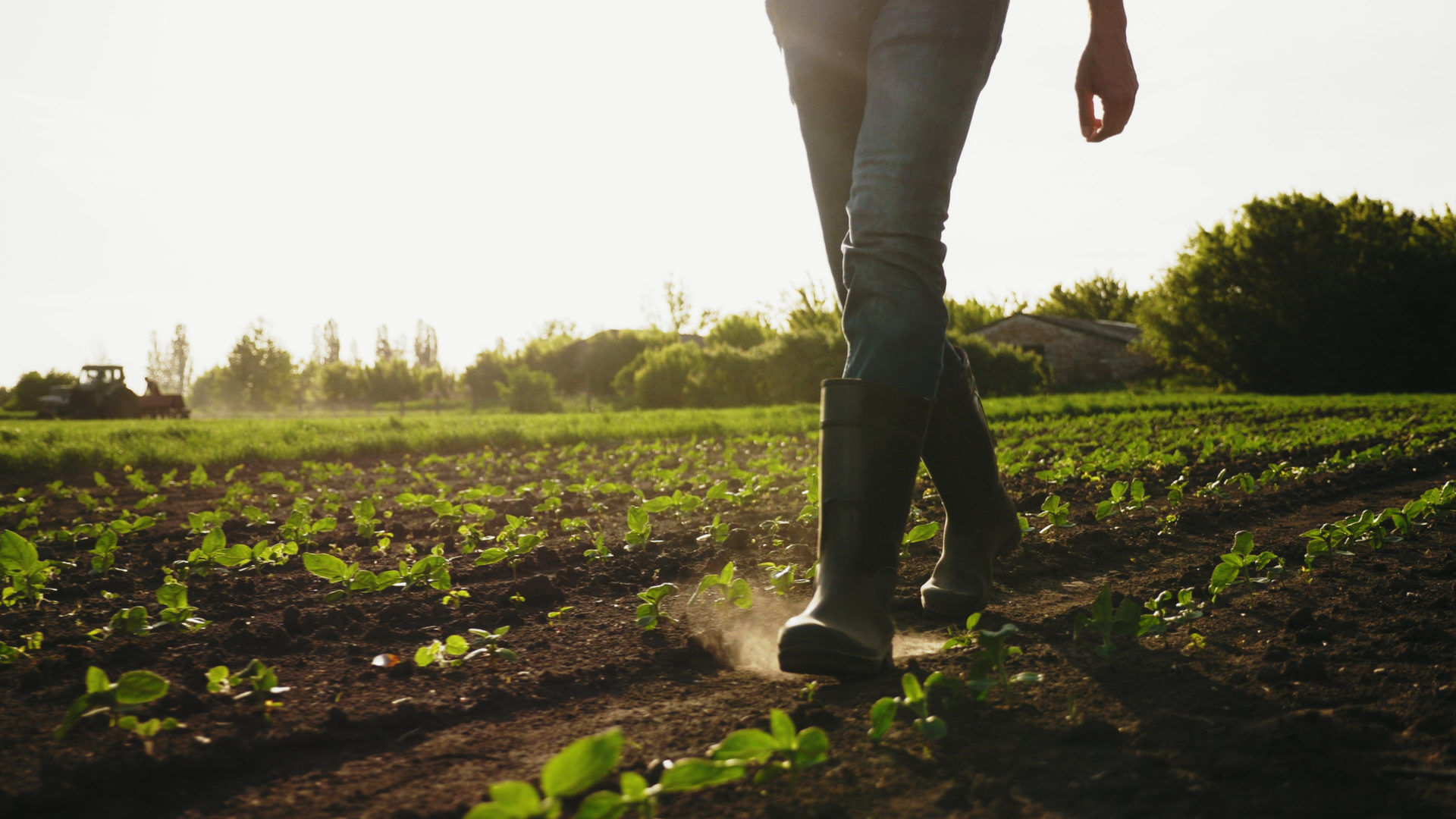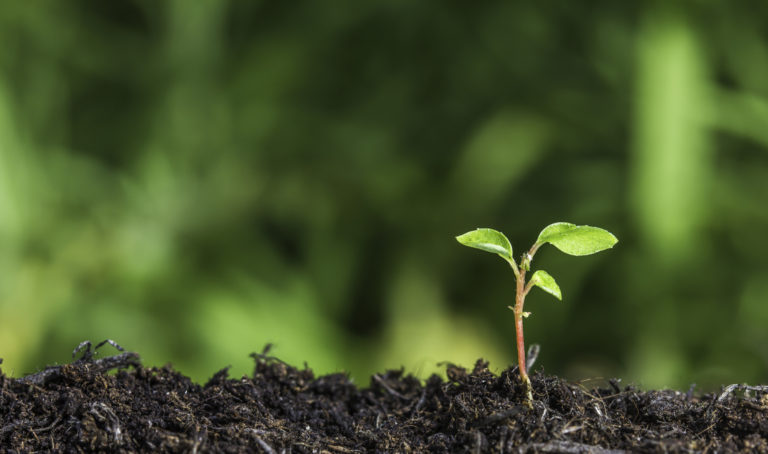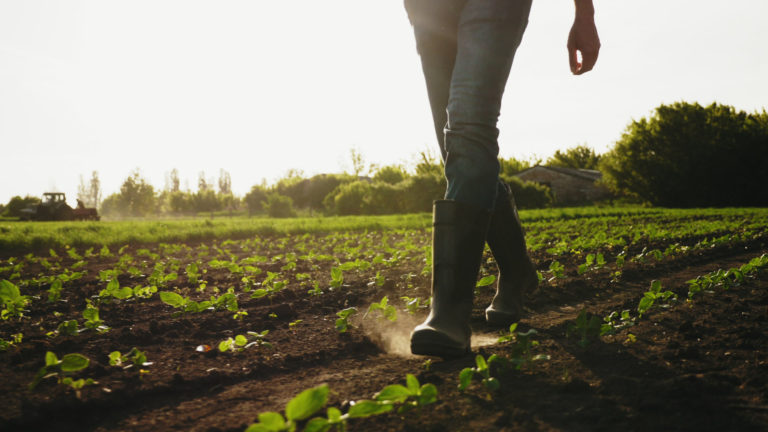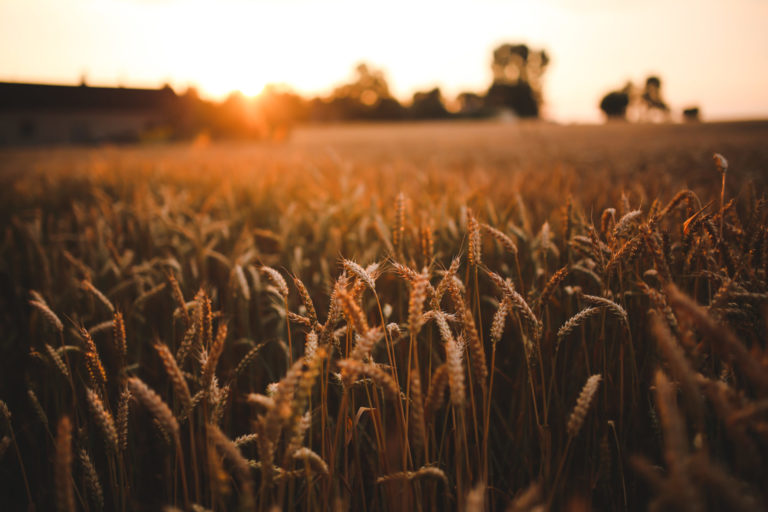
Soil Carbon Research
One of the world’s most effective climate solutions lays dormant under our feet.
Pecan Street’s Digital Dirt initiative is exploring new methods to accelerate market development for carbon farming.
Digital Dirt
Regenerative agriculture restores the health of soils, improves ecosystem services, offers additional revenue for farmers, and provides an opportunity to reduce greenhouse gas emissions and store enough carbon each year to meet 10% of the world’s Paris Climate Accord commitments.
Pecan Street builds novel collaborations that transcend the boundaries of soil science, big data, land management, carbon and ecosystem service markets, and social justice to accelerate the transition to regenerative agriculture on two fronts.
First, we address the fundamental lack of data that prevents the development of tools that will allow farmers to generate auditable and verifiable accounts of the baseline conditions and the additional benefits from adopting practices such as maintaining continuous plant cover, minimizing tillage, using diverse crops, and managing where and for how long animals forage.
Second, we explore how information pathways and digital tools support diverse food and fiber producers to choose and benefit from regenerative practices. Along the way, we’ve teamed with leaders from Cornell University, Colorado State University, the Texas Advanced Computing Center (TACC), Texas A&M University, and the 4p1000 Initiative.
Accelerating an R&D Roadmap for Monitoring and Verification
In 2020, Pecan Street partnered with TACC to convene an AI for Soil Carbon Monitoring and Verification Working Group of soil scientists, advanced computing scientists, economists, and carbon market managers to identify data gaps and technology development opportunities.
In 2021, the working group published A Roadmap for Soil Organic Carbon Measurement and Verification, which illuminates how artificial intelligence (AI) and machine learning (ML) can be used to improve the accuracy of model-based estimations to deliver reliable, cost-effective monitoring and verification needed to unlock new markets and revenue opportunities. The Roadmap stresses the urgency of publishing open benchmark datasets.
Pecan Street has already begun producing a Digital Dirt toolkit to meet this need. Researchers can now easily access several open soils datasets through Pecan Street’s Dataport.
We continue to partner with TACC researchers to bring these and other publicly accessible datasets into a modern, integrated soil information system. Further research will identify data variances that cause models to produce results that are outside the accuracy and usability tolerances acceptable to carbon markets and develop AI techniques to generate synthetic data to fill gaps.
Open-source, open platform resources are key to overcoming incompleteness and heterogeneity of soils data and enabling simulation models like DSSAT, Day-CENT, and COMET-Farm to be equitably used by a wide array of farmers to prove how their changes reduce greenhouse gas emissions and increase soil carbon.
Designing Information Pathways for Equity and Community Action
Pecan Street secured funding from the National Science Foundation’s Smart and Connected Communities Program to partner with researchers at Cornell University and Colorado State University to tease out where farmers go for information and decision support when considering regenerative practices. We published the results of an initial farmer survey.
We will dig deeper through focus group conversations and a review of the academic literature on the social dimensions of regenerative agriculture. Early learnings suggest that communities of place and communities of practice that inform and motivate change (including those accessed through online forums and social media) may be different from conventional wisdom that informs agricultural extension programs. Part of our research also looks at how digital tools can catalyze decisions at community rather than farm scales. Equally, we explore the unique needs of historically marginalized farmers and ranchers and how we can better represent their voices in this important climate solution.
If you would like to join our efforts, please contact us, or download our Digital Dirt brief.
Dive Deeper: Pecan Street’s Soil Carbon Research

Digital Dirt Update: Using AI/ML to Advance Soil Carbon Sequestration

Financing Will Drive Adoption of Regenerative Ag

Soil Carbon Sequestration Can Help Us Meet COP Goals – AI Can Make it a Reality

Digital Dirt: A toolkit to advance soil carbon measurement and verification solutions

National Science Foundation Awards Grant to Pecan Street for First-of-its-Kind Research on Regenerative Farming and Farming Communities

Three Keys To Unlocking The Climate Solution Right Under Our Feet

What is the intersection of farming and ranching with climate?

Pecan Street Convenes Artificial Intelligence Working Group to Advance Soil Carbon Sequestration on Farms

We Don’t Have Time to Solve Problems One-at-a-Time. And We Don’t Have To.

Your Data in Action

Pecan Street Launches First-of-its-Kind Soil Carbon Sequestration Research Project






